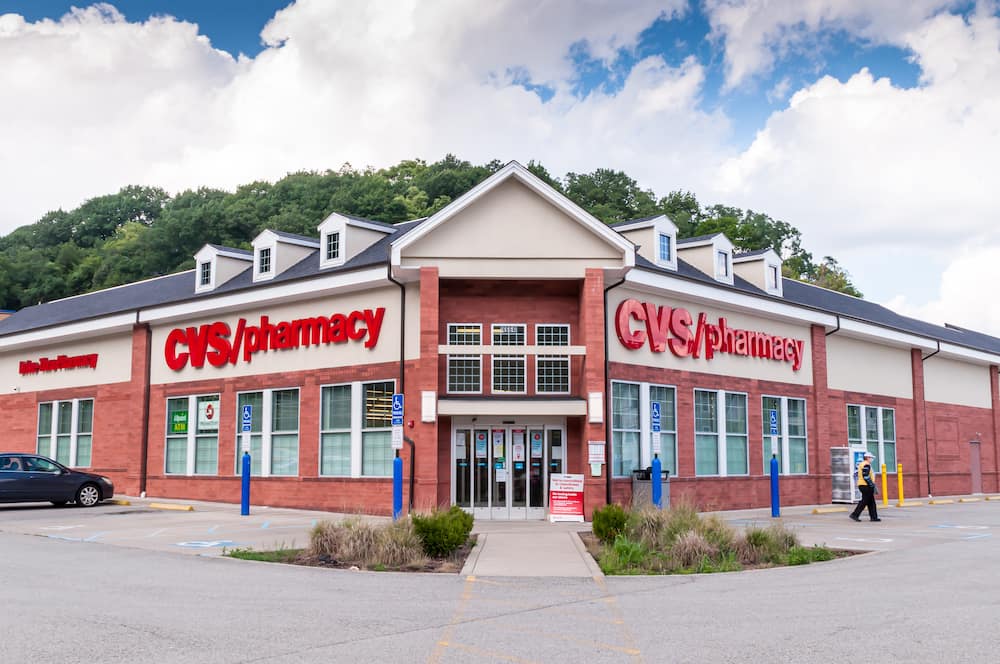
Written by
Sara Loomis
Sara is an aPHR-certified writer on the marketing team at BerniePortal. She writes about HR, healthcare, and benefits.
CVS Acquires Signify Health, Expanding Access to Value-Based Care

A hundred years ago, close to half of all doctor’s visits in the U.S. were house calls—physicians meeting patients in the patient’s home for discussion, diagnosis, and treatment. But in the 21st century, the house call has become nearly obsolete—or has it?
CVS Health, the parent company of the CVS pharmacies that dot intersections around the country, will now acquire Signify Health, a healthcare platform that aims to connect patients to care in creative ways, including through house calls.
What could this change mean for HR? Let's take a look.
Why Is CVS Making House Calls?
Signify uses advanced analytics to expand care beyond the traditional doctor’s office or hospital visit. With facilities struggling to stay staffed, emergency rooms overflowing, and wait times longer than ever, Signify currently offers house calls to 2.5 million people around the country. And their acquisition by healthcare giant CVS is likely to bring this service to many more people in the coming years.
All this is part of CVS Health’s goal to expand care and increase its stake in value-based care, a healthcare model in which providers are paid based on patient outcomes rather than services delivered. As healthcare costs rise and more and more purchases happen online rather than in stores, CVS’s move into the home is a response to both these aspects of our “post-COVID” world.
What Is Changing in Healthcare Delivery?
The pandemic spurred many changes in healthcare and how our society operates, and CVS’s acquisition of Signify is another sign of this change. Here’s what to look out for as healthcare delivery evolves:
- More ways to access care. From telehealth to house calls, CVS is participating in a growing trend to bring healthcare outside the doctor’s office and into the home. This trend may help some who have had difficulty accessing care—because of the cost or inconvenience—get connected with physicians in new ways.
- Changes to healthcare cost models. If value-based care continues to grow in popularity, the way you pay for healthcare could be permanently changed. Value-based care is designed to improve patient outcomes and reduce overall costs by solving or preventing chronic conditions, rather than treating them (and charging for it) over and over for many years.
- A shift in perspective. Much of healthcare service in the U.S. is reactive, and many only seek out care appointments when something has already gone wrong. With easier access and financial incentives for prevention like those CVS is advocating for, healthcare could become more proactive, with a greater investment in maintaining overall wellness.
How Will CVS’s Acquisition of Signify Affect HR?
If it were an isolated incident, this business merger likely wouldn’t revolutionize day-to-day life at small to midsize businesses. But CVS’s move into primary care is part of a larger trend of major companies getting involved in the healthcare industry, and that could mean changes to your benefits offerings.
While we can’t predict the future, here are some ways nontraditional care options could save your organization money on healthcare benefits:
- Telehealth and house calls. While telemedicine exploded in popularity in 2020, in-home care is next up, and benefits plans that offer it could see financial rewards. According to Signify CEO Kyle Armbrester, keeping more patients out of hospitals lowers overall costs while more than doubling the time they are actually spending with a clinician per appointment.
- Value-based care. Because they reward providers for high-quality care, these models help reduce repeat visits by encouraging preventive action and treating acute issues efficiently.
- Proactivity over reactivity. Just like your organization, your benefits offerings should encourage being proactive. While things like increased doctor appointments and diagnostics may cost more upfront, they are a long-term strategy that keeps your team healthy and happy for years to come.
As healthcare costs rise and recession fears loom, employers may need to get creative with benefits offerings. With so many creative care options becoming available, value-based care and home health visits may help to lighten the load without sacrificing quality care for your employees.
Additional Resources
You can stay informed, educated, and up-to-date with important HR topics using BerniePortal’s comprehensive resources:
- BerniePortal Blog—a one-stop shop for HR industry news
- HR Glossary—featuring the most common HR terms, acronyms, and compliance
- HR Guides—essential pillars, covering an extensive list of comprehensive HR topics
- BernieU—free online HR courses, approved for SHRM and HRCI recertification credit
- HR Party of One—our popular YouTube series and podcast, covering emerging HR trends and enduring HR topics

Written by
Sara Loomis
Sara is an aPHR-certified writer on the marketing team at BerniePortal. She writes about HR, healthcare, and benefits.
Related Posts
Younger generations are becoming more aware of the benefits of long-term savings....
If you haven’t heard about Ozempic or Zepbound yet, it’s bound to hit your radar soon!
What Is “Market Value”? Simply put, market value is how much the market at large values...







Submit a Comment